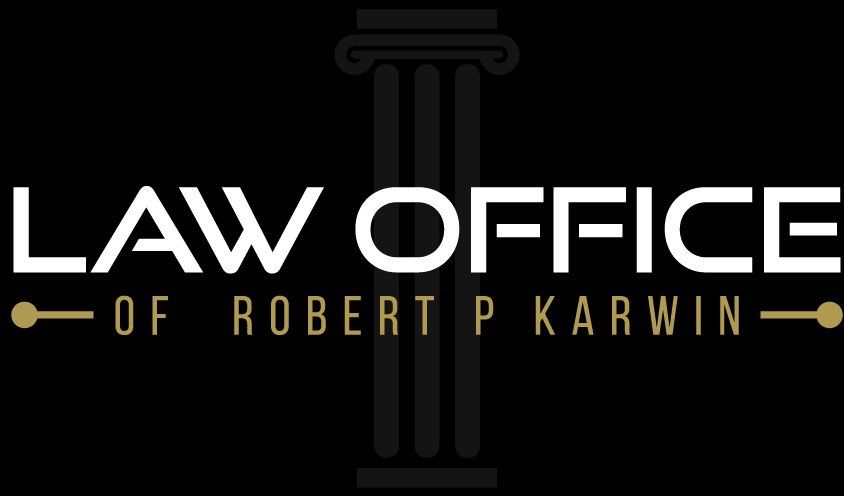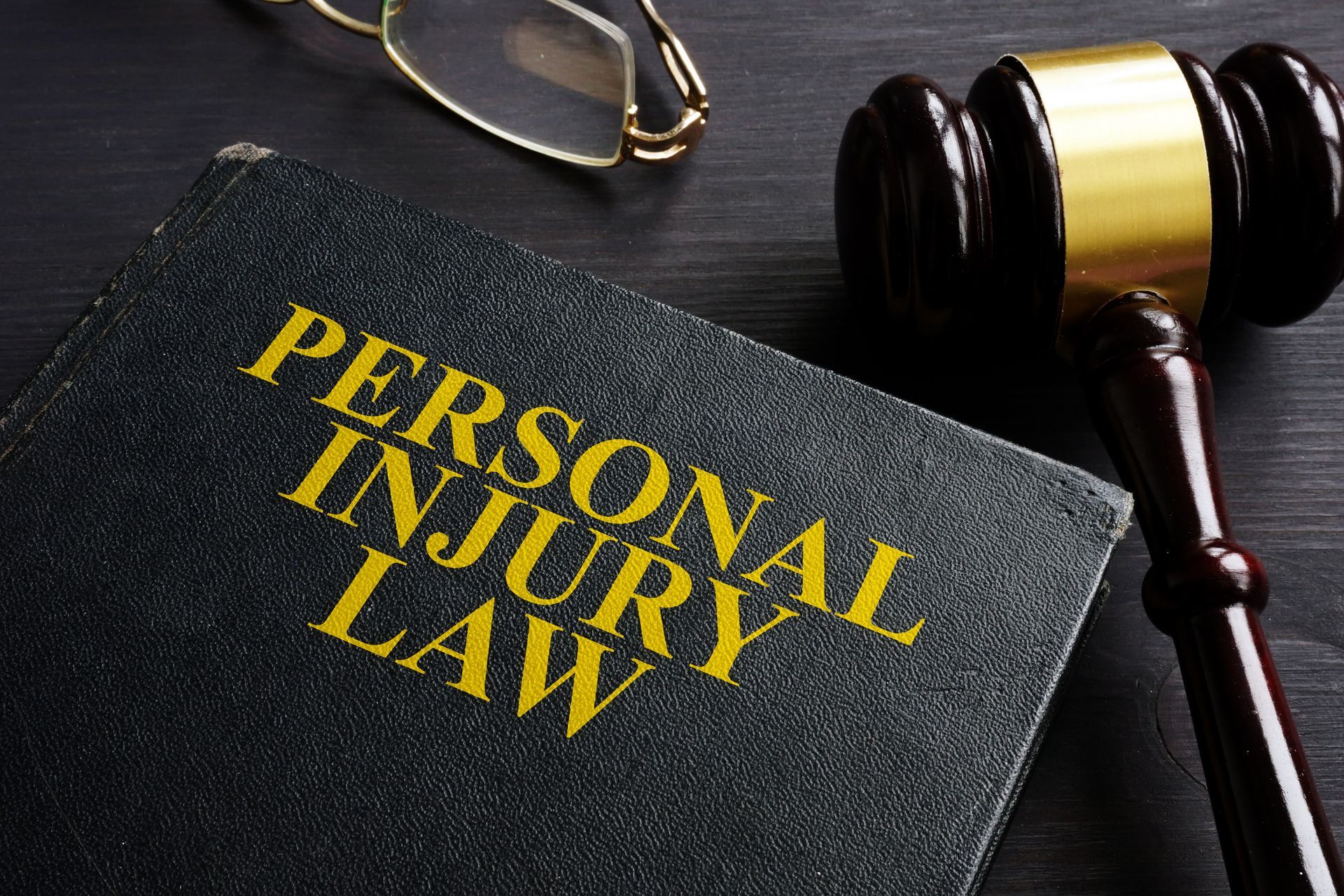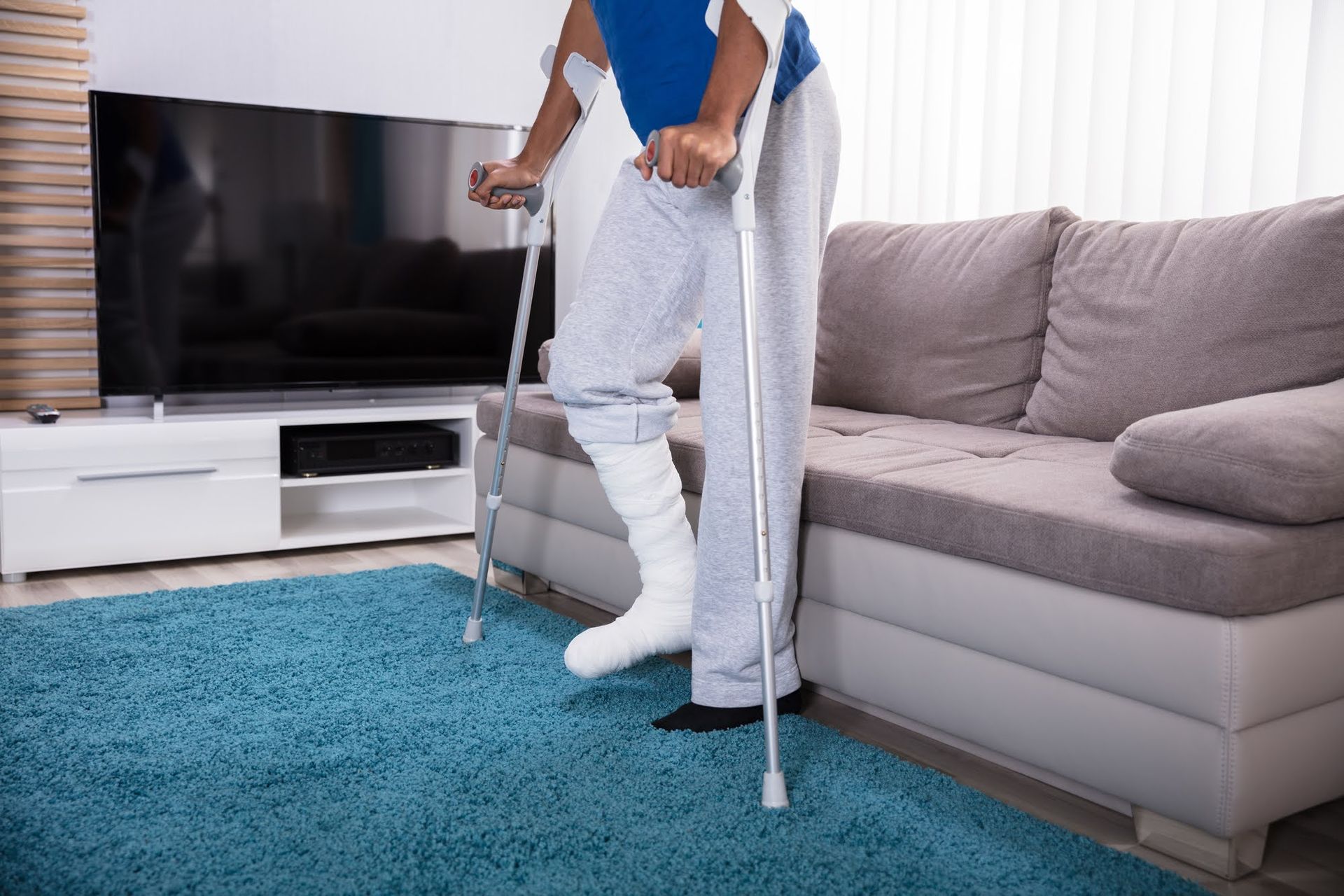The Steps To Take After a Defective Product Injury

We trust products to make our lives easier, but what happens when they do the exact opposite? Defective products can disrupt our lives unexpectedly, sometimes causing injuries that range from minor to severe. When faced with such an unfortunate circumstance, knowing what steps to take post-incident can not only ensure your safety but also secure potential compensation.
Securing Your Safety
Upon experiencing an injury due to a defective product, the immediate priority should be your well-being. Even before considering any legal or compensatory steps, ensuring that your injury doesn't worsen is crucial:
- Seek medical attention: Regardless of the severity, having a healthcare professional evaluate your injury provides a medical record, which will be vital if you decide to take legal action.
- Follow medical advice: Adhering to prescribed treatments or rest ensures you heal appropriately and don't exacerbate the injury.
Be aware that the key to a defective product lawsuit is that it did cause an injury. Not seeking medical attention could imply that the injury is not serious.
Detailing the Disaster
Accurate and thorough documentation can be your staunch ally when asserting your rights after being injured by a defective product:
- Take clear photographs: Snap pictures of the defective product, specifically focusing on the malfunctioning part and your injury. Ensure these are time-stamped or have a method of verifying when they were taken.
- Compile a detailed account: Write down an exact narrative of what transpired. Include details like how you used the product, what went wrong, and any aftermath.
Delays in documentation can cause your report to be inaccurate or challenged, so handle it as soon as possible.
Safeguarding the Evidence
It may seem logical to return the defective product, especially if the manufacturer requests it, but holding on to it is critical:
- Preserve the product: Keep the item in its post-accident state. It can serve as tangible evidence of its defectiveness.
- Store additional materials: Retain any packaging, manuals, receipts, or other relevant materials that came with the product. This helps establish where and when it was purchased and the intended usage guidelines.
The product is your key piece of evidence in your defective product case. Hold onto it at all costs.
Demonstrating Appropriate Use
A critical aspect of any product liability claim is establishing that the product was being used as intended, or in a reasonably foreseeable way, at the time of the injury:
- Refer to the user manual: Make sure your use aligns with the instructions or guidelines provided by the manufacturer.
- Gather witnesses: If possible, individuals who were present during the incident and can vouch for your proper usage can strengthen your position.
Know that your use of the product will likely be challenged. Anything you can do to prove you used the product correctly will strengthen your case.
Navigating Through the Legal Steps
Seeking justice after being harmed by a defective product can feel like a daunting journey. However, knowing when and how to involve legal counsel can smoothen the path:
- Consult an attorney immediately: A lawyer with experience in product liability cases can guide you on how to build your case effectively.
- Understand statutes of limitations: Be aware of the time frame within which you need to file a claim, as it can vary based on your location and the nature of the injury.
Navigating through the aftermath of an injury from a defective product can be a taxing ordeal, both physically and emotionally. If you find yourself or a loved one navigating through such an incident, don't journey alone. Reach out to the Law Office of Robert P Karwin, as we can champion your cause and guide you toward the justice and compensation you deserve.
This publication is for informational purposes only. It does not establish an attorney-client relationship and should not be taken as legal advice.










